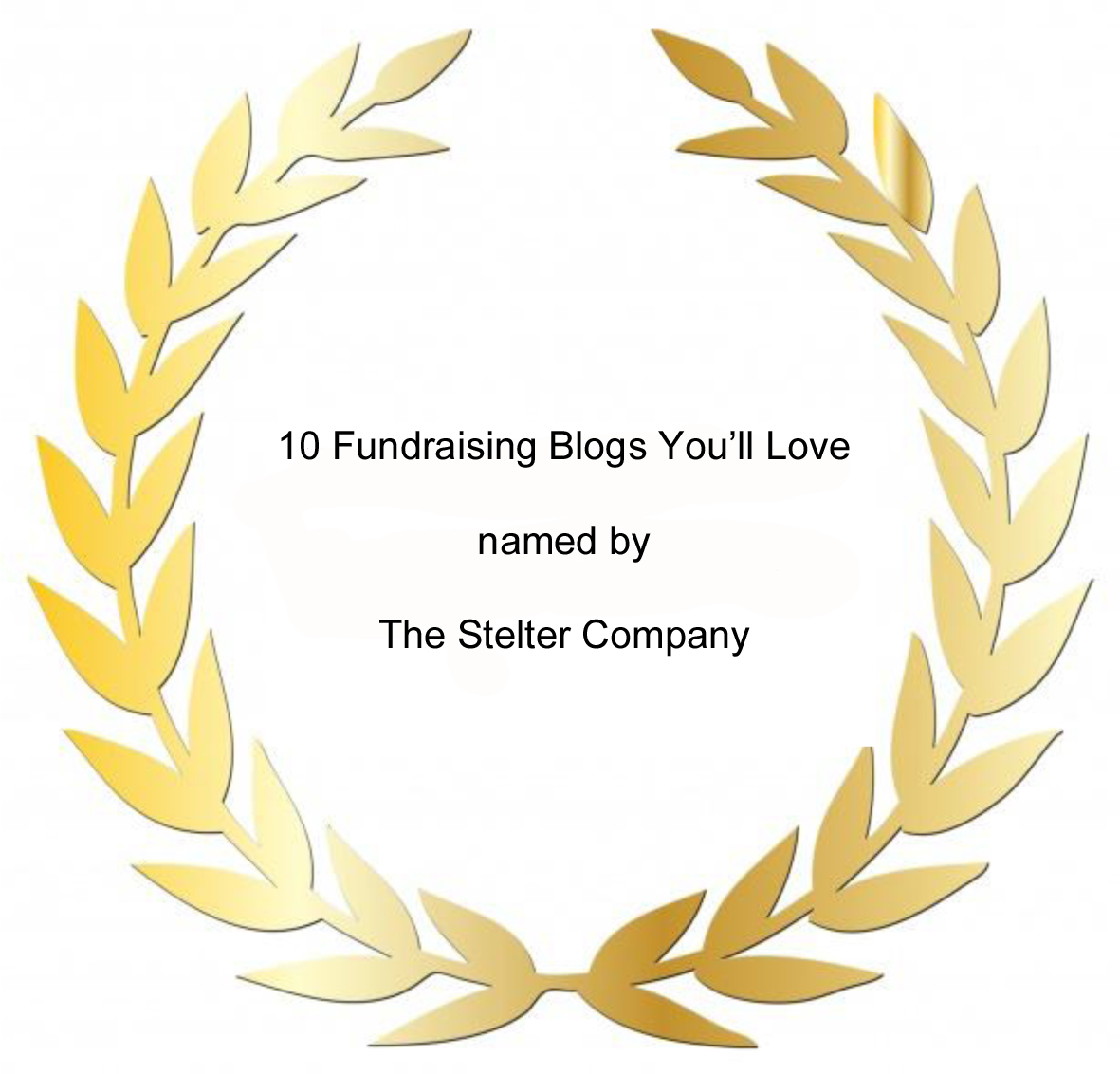Nonprofit organizations are making a big mistake. Many charities ask individuals to consider making a “Bequest Gift.” Of course, an even bigger mistake is not asking at all. However, there is a better way.
Russell James, JD, PhD, CFP, a leading philanthropy researcher based at Texas Tech University, reports that the latest research shows that asking  people to consider “Gifts in your will” generates far more interest. When asking prospects to consider a “Bequest Gift,” 18 percent responded, “I might be/am definitely interested.” By contrast, when prospects were asked to consider “Gifts in your will,” 28 percent expressed interest!
people to consider “Gifts in your will” generates far more interest. When asking prospects to consider a “Bequest Gift,” 18 percent responded, “I might be/am definitely interested.” By contrast, when prospects were asked to consider “Gifts in your will,” 28 percent expressed interest!
James will offer additional research-based insights in a FREE webinar, Words that Work II: The Phrases that Encourage Planned Giving, hosted by MarketSmart on Wednesday, June 8, 2016 at 2:00 PM EDT. Registration is required and space is limited so click here now.
During the webinar, you’ll get the following information:
- How to describe bequest gifts and tax benefits in a way that will increase a person’s desire to learn more;
- What elements of a charitable gift annuity advertisement make people want to get one;
- What the latest data patterns say about trends in charitable estate planning;
- The best “front door” phrase to get people to read about planned giving information;
- Test results that showcase the responses to different charitable gift annuity advertising messages;
- And much more of great interest and value!
In short, James’ webinar will provide you with powerful, practical insights that will help you enhance your planned giving results.
So, why is asking for a “Bequest Gift” less effective than asking for “Gifts in your will”?
In my book, Donor-Centered Planned Gift Marketing, I shared insights from a focus-group study for The George Washington University that found that many individuals hold the mistaken belief that bequests involve very large financial commitments from those who are very wealthy. As I wrote:
Three problems arise. First, prospects believe that bequest giving is simply not for them, but rather the wealthy — many who are truly wealthy do not perceive themselves as such and, instead, think of themselves as merely ‘comfortable.’ Second, while some prospects might be willing to give through a bequest, they might not actually do so because they feel their gift would be too insignificant to matter. Third, some prospects expressed embarrassment over the notion of giving a modest bequest gift while the perceived norm is much larger.”
Based on various research studies, it’s clear that fundraising professionals should use simple, understandable language that speaks to all potential legacy donors, not just the most wealthy. Therefore, it’s much more effective to ask for “Gifts in your will” rather than “Bequest Gifts.”
For more information to help you secure more legacy gifts, register for James’ FREE webinar.
To receive a FREE electronic copy of James’ book, American Charitable Bequest Demographics (1992-2012), subscribe to my blog (that’s also FREE) over in the right hand column. When you do, you’ll receive a confirmation email and a link to James’ book.
For a FREE peek inside Donor-Centered Planned Gift Marketing, click here.
That’s what Michael Rosen says… What do you say?








